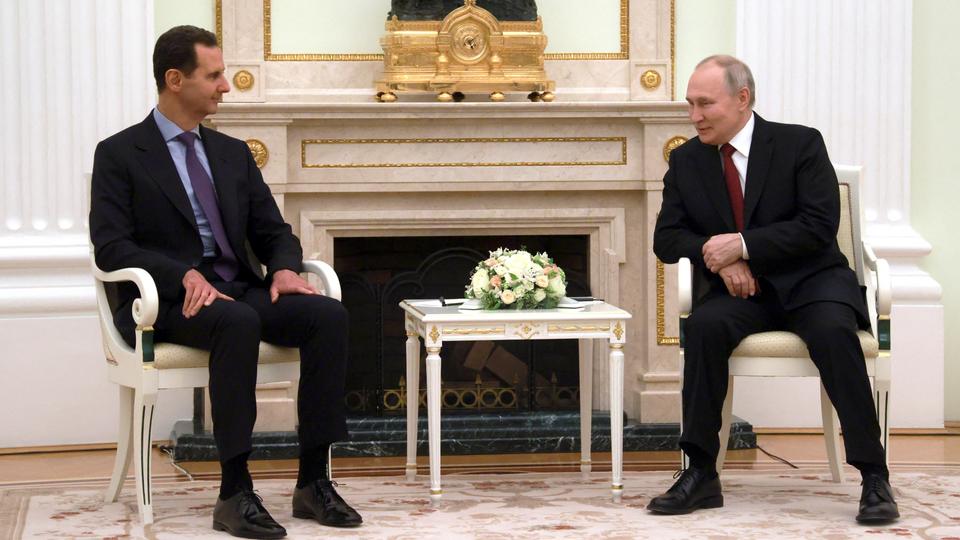THE HILL
A Russian fighter jet intercepted a U.S. Air Force drone over the Black Sea on Tuesday, American officials confirmed, bringing down the U.S. aircraft in what Pentagon officials warned could lead to an unintended escalation.
President Biden was briefed Tuesday morning on the incident, White House national security spokesperson John Kirby told reporters, also calling it “unprofessional” and “unsafe.”
“It is not uncommon for there to be intercepts by Russian aircraft of U.S. aircraft over the Black Sea,” Kirby said. “And there have been, even in just recent weeks, there have been other intercepts. But this one obviously is noteworthy because of how unsafe and unprofessional it was … in causing the downing of one of our aircraft.”
U.S. European Command said in a statement that the U.S. MQ-9 Reaper drone was flying over international waters in the Black Sea flanked by two Russian jets when one of the jets flew in front of the drone and dumped fuel. One of the jets then damaged the propeller of the unmanned drone, forcing it to land in the Black Sea.
“Our MQ-9 aircraft was conducting routine operations in international airspace when it was intercepted and hit by a Russian aircraft, resulting in a crash and complete loss of the MQ-9,” Gen. James B. Hecker, commander of U.S. Air Forces Europe and Air Forces Africa, said in a statement. “In fact, this unsafe and unprofessional act by the Russians nearly caused both aircraft to crash.”
The incident happened at approximately 7:03 a.m. local time, which would have been just after 1 a.m. in Washington, D.C., the agency said.
The U.S. European Command called the actions by the Russian pilots “dangerous“ and noted that they “could lead to miscalculation and unintended escalation.”
The incident took place amid heightened tensions between Russia and the U.S., with the Biden administration imposing sanctions and seeking to isolate Moscow over its invasion of Ukraine. The U.S. has operated over the Black Sea for more than a year, Kirby said, predating the start of Russia’s invasion.
“It’s not uncommon for Russian intercepts of non-Russian aircraft over the Black Sea,” Kirby said. “I want to stress that this MQ-9 was operating in international airspace over international waters and posed a threat to nobody, and it was an unsafe and unprofessional intercept.”
The State Department planned to reach out to Russian officials to express its concerns, Kirby said, but it was unclear if it had already done so.
Kirby added that the U.S. would not be deterred from flying in international airspace and over international waters, including over the Black Sea, as a result of Tuesday’s incident.


